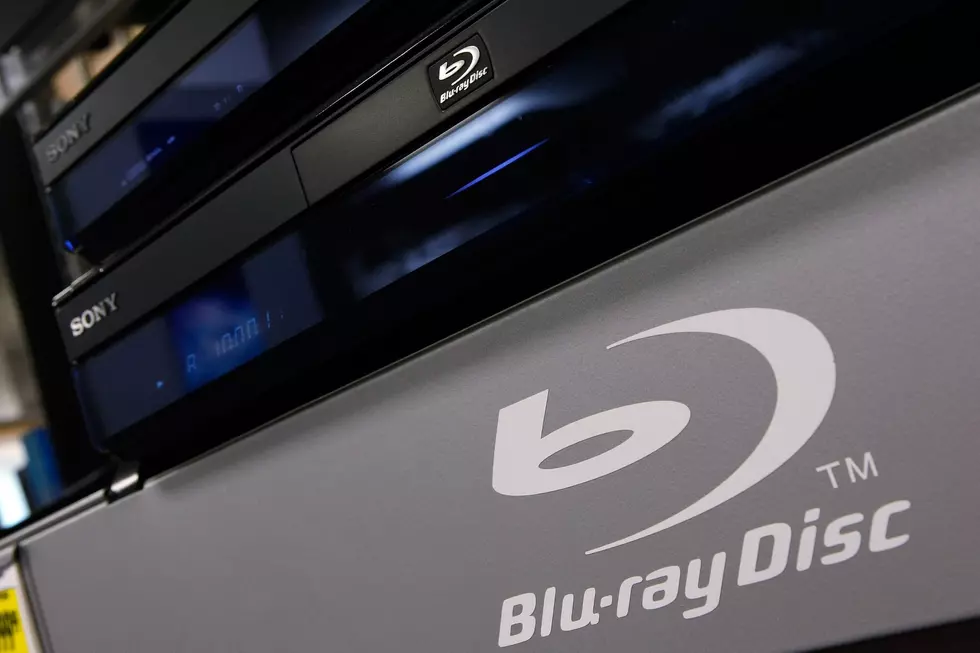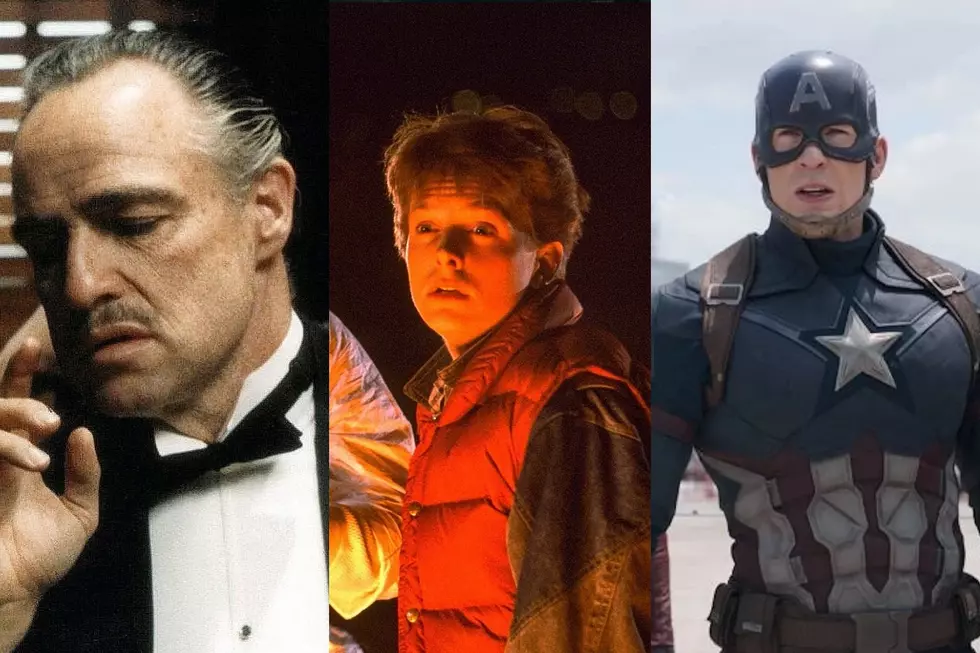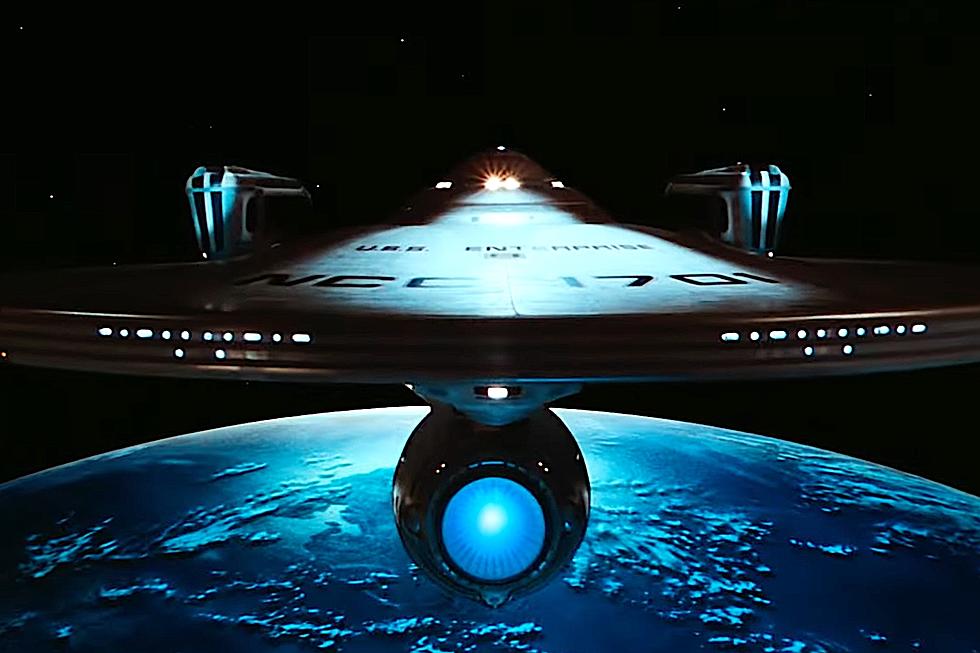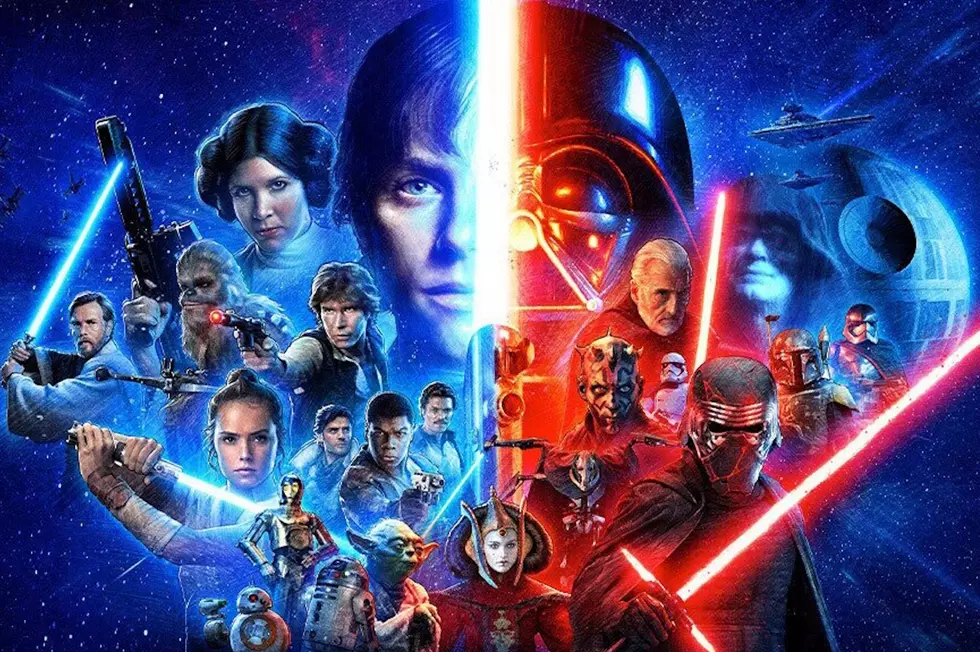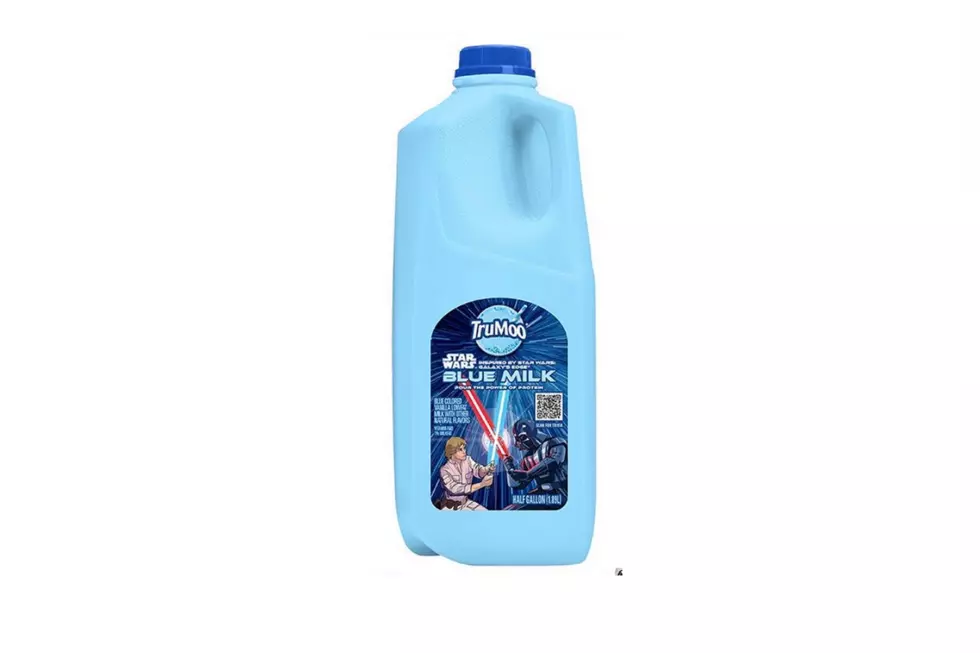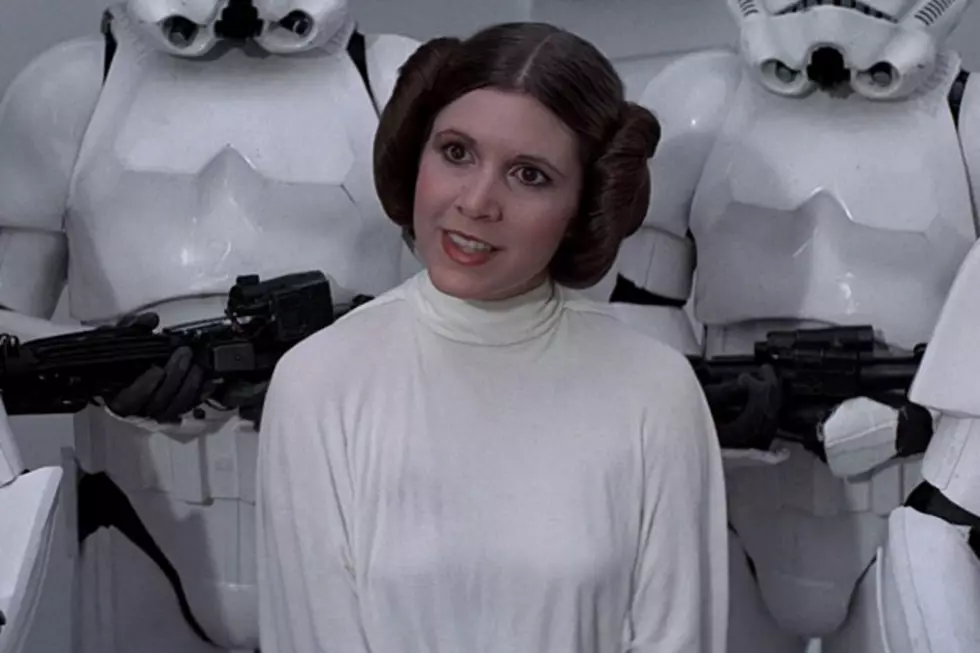
Reel Women: ‘Star Wars’ Casting Proves Gender Inequality Exists Even a Galaxy Far, Far Away
The ‘Star Wars: Episode 7’ cast was announced this week, and the line-up contains exciting names like Adam Driver, John Boyega, Domhnall Gleeson, Oscar Isaac, and the legendary Max Von Sydow, further cementing (or in some cases, finally rousing) our interest in J.J. Abrams’ new installment. But, there was something curious among the list of newcomers -- there was only one female on the roster: Daisy Ridley. Out of the seven names announced, only one was female, which doesn’t bode well for gender equality in a galaxy that should be far, far away from such seemingly petty concepts.
The latest official announcement brings the total casting to 11 men and only two women -- not exactly balanced, not even by our realistic, earthbound statistics. (The first casting announcement was followed by another, which promised that a second female role was yet to be cast.) Defenders rushed to point out that the cast includes John Boyega and Oscar Isaac, so while it’s perhaps not being particularly gender inclusive, they are at least striving for racial diversity.
If Abrams (who doesn’t always have the best track record with female characters: this is the man who brought us Alice Eve in her underwear in ‘Star Trek Into Darkness’ for no other reason than, well, Alice Eve in her underwear) were smart, he’d listen to Geena Davis, the actress and founder of the Geena Davis Institute on Gender and Media, who penned a smart editorial for The Hollywood Reporter last year, providing two easy steps for making Hollywood less sexist. Referencing data from a colleague at USC, Davis illustrates that for every one speaking female role in films rated G, PG, and PG-13, there are almost three speaking male roles, and that women only make up 17% of the extras in background scenes. That doesn’t make any sense, given that women make up 51% of the population.
Davis’ advice, in two steps: change the names of minor characters from male to female, and when calling for a group of background extras, write in, “A crowd gathers, which is half female.” An easy suggestion for Abrams, then, regardless of how many more women he adds to the main cast: populate the background scenes with an equal mix of men and women. That seems like a no-brainer, but we have the statistics to prove that it’s apparently much more difficult than it seems. Replace a male alien or a pilot or a shopkeeper or whatever with a female one. No one will know the difference because there is nothing about the identity of these roles that precludes them from being women, or that stipulates that it’s their manhood that defines them as background characters. Being an alien or a pilot or a shopkeeper is what defines their character, not their gender.
It is indeed disappointing to see a lack of women on that cast list, and to know that this story will likely be male-driven, but what Abrams does with the women he has cast (and might still cast) is incredibly important. Carrie Fisher will reprise her role as Princess Leia, and while it’s unfair to make assumptions about the script at this point (and especially one that’s being kept so tightly under wraps), you could assume that Leia’s role will be matronly, as at least one of the young cast members (likely Ridley) will be the gifted offspring from her union with Han Solo.
If Ridley is indeed playing a young Solo, that makes her our new heroine, and one of the leads of the story. Abrams would do well to avoid falling into the Young Adult trap of making a love triangle the focus of her story.
I can’t think of a better example than Katniss Everdeen, and the way that ‘The Hunger Games’ has approached that narrative so well: a story that relied more heavily on a love triangle in the books was diminished on screen, taking a backseat to politics and intrigue, and instead becoming a smart, fierce story of intense survival, making Katniss a real and relatable, self-sufficient hero, the kind who doesn’t need to rely on men; in fact, men often rely on her. It would be thrilling to see a young ‘Star Wars’ heroine tackling politics and fighting for survival instead of wasting her time on silly love triangles, making googly eyes while mostly existing for the entertainment and pleasure of the young men. It doesn’t need to be just her story or just a boy’s story; it could be their story, a story for everyone, and one that treats women as equal to men.
Speaking of which, should another female be cast, wouldn’t it be kind of cool if she were a villain? Gender equality in film isn’t about seeing more positive female characters on screen, it’s about seeing more strong females represented on screen -- good or evil -- and accepting that a woman can be powerful, calculating, and fierce enough to take over a galaxy, too.
Then again, the idea that we need to justify the inclusion of women in a ‘Star Wars’ film is pretty absurd in and of itself. It seems as though to place a female character in the ‘Star Wars’ universe, she needs a reason to exist: is she a love interest? Someone’s daughter? Royalty like Queen Amidala? Is she a Sith like the cool Asajj Ventress from the ‘Clone Wars’ series? Being a woman is the first thing that defines a female’s character, thus limiting her choices and the space she’s allowed to inhabit, even in a fictional world; whereas a man is able to be whatever he wants because his gender is not what defines him. Sure, women have more options in the world of ‘Star Wars’ (we can be a Jedi or a Sith!), but there still can’t ever be too many of us present at one time, lest we need to justify our presence.
Abrams has a real opportunity here, and it’s not as if he doesn’t sense it: he did cast Isaac and Boyega, after all. ‘Star Wars’ is a world uninhibited by our tendencies toward racism and sexism, which should seem incredibly banal in a fictive universe occupied with intergalactic politics, in which aliens commingle with one another and spaceships travel faster than the speed of light and a huge, hairy Wookie named Chewbacca can be your co-pilot. This is a world that is advanced far beyond the limits of our own imagination, one that’s enlightened -- so why doesn’t this casting feel very progressive?
More From ScreenCrush
